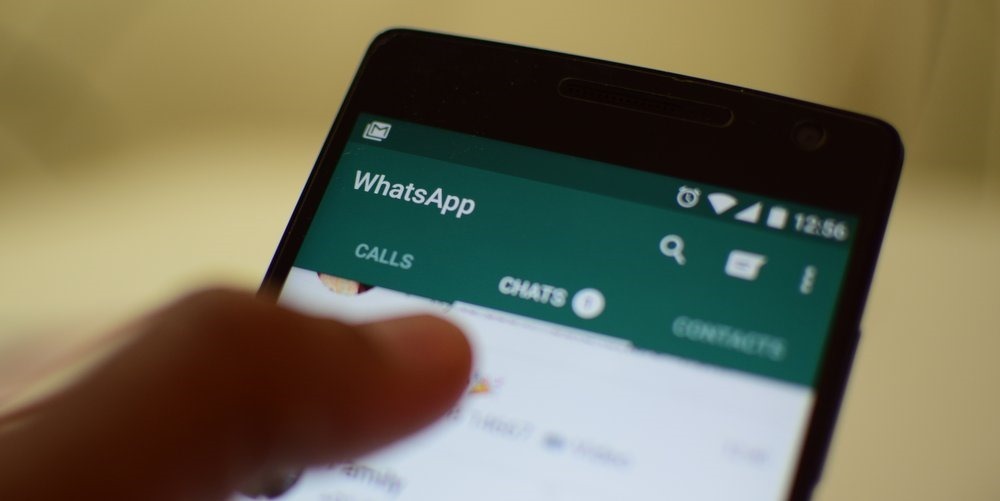MP4 Video File On Whatsapp Can Hack Your Phone: Govt Of India Warns About This Dangerous Pegasus-Like Virus

A new vulnerability has been found in WhatsApp which allowed a remote attacker to hack a phone by sending a video file in MP4 format to the target.
Contents
How Did This Happen?
As per the reports, WhatsApp’s buffer overflow vulnerability could be exploited by a remote attacker.
This threat has been discovered by the Indian Computer Emergency Response Team (CERT), according to that a vulnerability has been found in WhatsApp which allows a remote attacker to target phones by sending a compromised video file in MP4 file format.
The issue has been categorised in the ‘High Severity’ category under the Vulnerability Note CIVN-2019-0181.
Who Will Get Affected?
According to the company, this WhatsApp issue impacts Android and iOS users.
“A stack-based buffer overflow could be triggered in WhatsApp by sending a specially crafted MP4 file to a WhatsApp user. A remote attacker could exploit this vulnerability by sending a specially crafted MP4 file to the target system,” said the security message notified by WhatsApp,
It has been reported that the new threat to trigger a buffer overflow conditions leading to the execution of arbitrary code by the attacker.
As per the news, more than a billion phones across five continents have reportedly been injected with the surveillance software.
It became very crucial as the targets included 1400 diplomats, scores of government officials, dissidents, journalists, human rights activists and 120-odd Indians also have their phones compromised.
How Does It Work?
The point here to note is the exploitation does not require any form of authentication from the victim end.
On the receivers system, It executes on downloading of a malicious crafted MP4 file.
These files can be sent by anyone who has access to a user’s mobile phone number which is being used for WhatsApp.
According to the security message, “Successful exploitation of this vulnerability could allow the remote attacker to cause Remote Code Execution (RCE) or Denial of Service (DoS) conditions, which could lead to further compromise of the system,”. ( Reference)
Normally an RCE attack is used to run malware on the device, and the attack is usually used to steal information from the device, that to without any user knowledge.
How To Avoid It?
It’s been advised that If someone has sent you an MP4 file on WhatsApp, try to avoid downloading it as hackers may use a critical vulnerability in the instant messaging application to execute snooping attack on both Android and iOS devices.
Facebook said “The issue was present in parsing the elementary stream metadata of an MP4 file and could result in a DoS or RCE,”.
How This Vulnerability Is Creating A Global Storm?
This vulnerability has created a global storm as recently Pegasus spyware produced by Israeli cyber intelligence firm NSO Group was used to hack WhatsApp to snoop on its users.
According to the reports, the software had exploited WhatsApp’s video calling system to snoop on 1,400 selected users globally and in India, including human rights activists and journalists.
The whole issue is taking a political turn as the Indian government denied either purchasing or planning to purchase the infamous software in question.
What Does The Company Has To Say?
WhatsApp spokesperson said “We agree with the government of India’s strong statement about the need to safeguard the privacy of all Indian citizens. That is why we’ve taken this strong action to hold cyber attackers accountable and why WhatsApp is so committed to the protection of all user messages through the product we provide,”.
Which OS Are Affected By This Threat?
The new vulnerability is discovered in Android versions prior to 2.19.274. Also iOS versions prior to 2.19.100, Enterprise Client versions prior to 2.25.3, Business for Android versions prior to 2.19.104, Business for iOS versions prior to 2.19.100 and Windows Phone versions before and also including 2.18.368. (reference)

Comments are closed, but trackbacks and pingbacks are open.